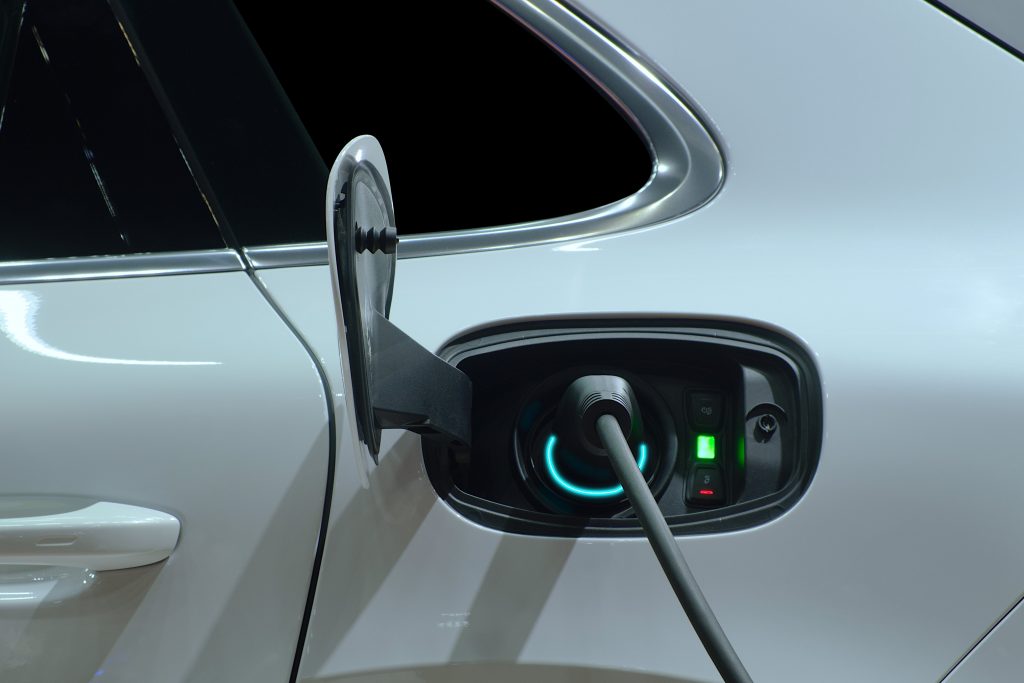London: European Union lawmakers have reached a political agreement on stricter CO2 emission performance standards for new cars and vans to move towards a zero-emission mobility. The legislation will effectively ban the production of new combustion engine cars and vans from 2035, pushing the countries towards a fully electric future.
The key requirements are that, by 2030, new cars reduce their CO2 emissions by 55 per cent and new vans by 50 per cent (in both cases these emissions are compared to 2021 levels).
Then, by 2035, both new cars and vans must reduce CO2 emissions by 100 per cent.
“This agreement will pave the way for the modern and competitive automotive industry in the EU. The world is changing, and we must remain at the forefront of innovation. I believe we can take advantage of this technological transition. The envisaged timeline also makes the goals achievable for car manufacturers,” said Jozef Sikela, Czech minister of industry and trade.
The regulatory incentive mechanism will be kept for zero- and low-emission vehicles (ZLEV) until 2030.
As part this mechanism, if a manufacturer meets certain benchmarks for the sales of zero- and low-emission vehicles it can be rewarded with less strict CO2 targets. The co-legislators agreed to increase the benchmark to 25 per cent for cars and 17 per cent for vans until 2030, the European Council said in a statement.
The agreement includes wording on CO2 neutral fuels whereby following consultation with stakeholders, the Commission will make a proposal for registering vehicles running exclusively on CO2-neutral fuels after 2035 in conformity with EU law, outside the scope of the fleet standards, and in conformity with the EU’s climate neutrality objective.
The agreement also includes a review clause that will ensure that in 2026, the Commission thoroughly assess the progress made towards achieving the 100 per cent emission reduction targets and the need to review these targets taking into account technological developments, including with regard to plug-in hybrid technologies and the importance of a viable and socially equitable transition towards zero emissions.
The Commission will develop a common EU methodology, by 2025, for assessing the full life cycle of CO2 emissions of cars and vans placed on the EU market, as well as for the fuels and energy consumed by these vehicles.
Based on this methodology, manufacturers may, on a voluntary basis, report to the Commission on the life cycle emissions of the new vehicles they place on the market.
The proposal to revise the CO2 emissions performance standards for cars and vans is part of the ‘Fit for 55’ package.
IANS
